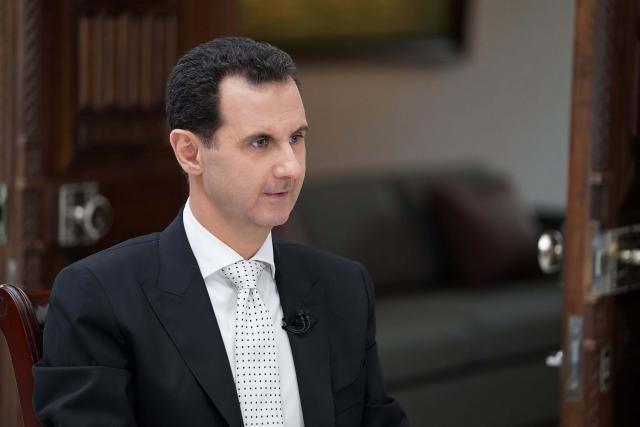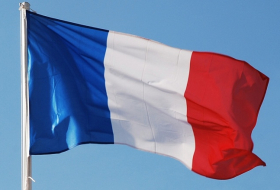Thousands of people took to the streets in Syria's Idlib Province to protest against an assault promised by President Bashar al-Assad's forces that the United Nations has warned could cause a humanitarian disaster.
The protests on September 7 came after a meeting between the leaders of Russia and Iran, who said they support Assad's quest to regain control over the last stronghold of rebel forces in the country, and the leader of Turkey, who warned about the potentially catastrophic loss of life and displacement of civilians such an assault might precipitate.
No agreement was reached at the meeting on a cease-fire in Idlib, which was proposed by Turkish President Recep Tayyip Erdogan, apparently leaving Assad free to pursue his planned campaign to retake the province.
Even as the leaders met in Tehran, a war monitor said the Russian and Syrian air forces staged air strikes in and around Idlib in what appeared to be the start of Assad's campaign.
With little hope of stopping the government forces, protests broke out in Idlib and the nearby western countryside of Aleppo Province, with demonstrators chanting slogans against Assad.
"Come on, leave Bashar!" hundreds of protesters chanted in Saraqeb, a town in eastern Idlib. "We will defend our revolution."
Other demonstrators wrapped themselves in opposition flags and chanted slogans against what they called "international silence" over the massive buildup of Syrian army forces in the vicinity of Idlib.
"I am a citizen from Idlib, and I have the right to live in dignity," read a banner carried by one demonstrator.
The Syrian Observatory for Human Rights, a London-based war monitor, said that Russian air raids targeted positions in Idlib's southwest held by the hard-line Ahrar al-Sham group, as well as the Hayat Tahrir al-Sham Islamist alliance, which is led by a group affiliated with Al-Qaeda.
They destroyed one Ahrar al-Sham post, killing four of its fighters and wounding 14 others in the area of Hobait, it said.
Idlib, with a population of 3 million civilians, is largely controlled by the two Islamist militant groups.
The observatory said the militants retaliated against the government air strikes by shelling a Christian village in government-held Mahrada, killing at least 10 people, some of them children, and injuring 20 others.
The UN Security Council met to discuss Idlib late on September 7 at the request of the United States, with the UN's Syria envoy Staffan de Mistura saying there are "all the ingredients for a perfect storm" in Idlib.
"The dangers are profound that any battle for Idlib could be, would be, a horrific and bloody battle," de Mistura said.
The U.S. ambassador to the UN, Nikki Haley, warned the Syrian government and its allies against an assault in Idlib, vowing that "the consequences will be dire."
"We urge Russia to consider its options carefully," Haley said, calling the approach Moscow has taken in Syria a "playbook of death."
For Russia, Iran, and the Syrian government, retaking Idlib is crucial to completing what they seek: a military victory in Syria's civil war, which has killed more than 400,000 people and displaced millions.
Syrian troops in the last year have recaptured nearly all other major towns and cities in the country, largely defeating the rebellion against Assad that began in 2011.
RFERL
More about: Assad
















































